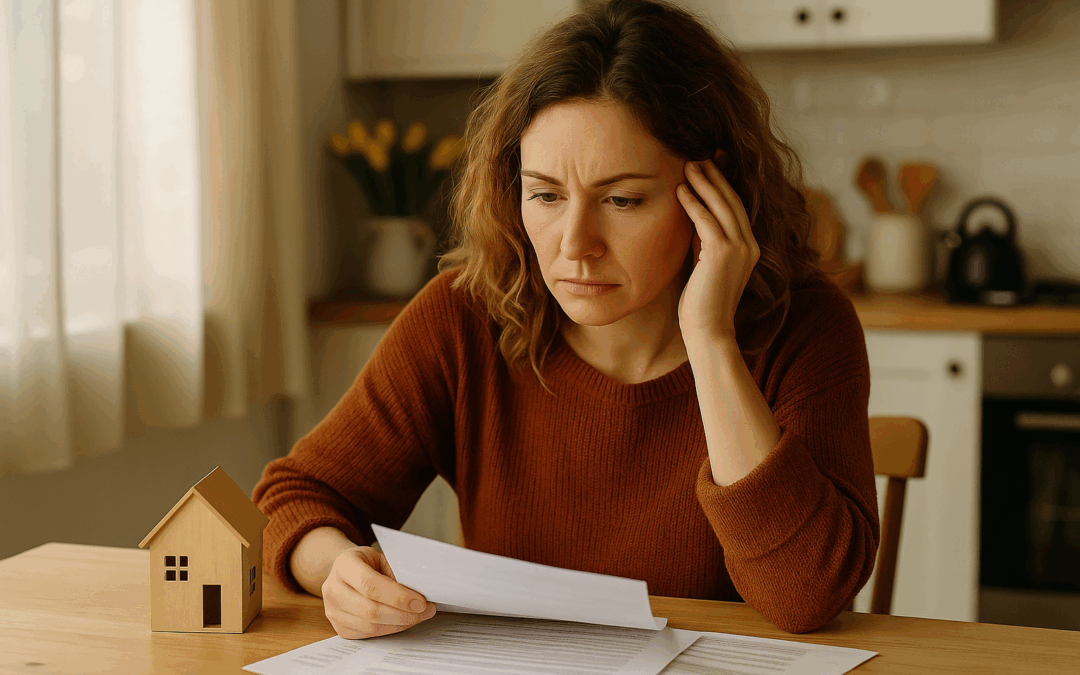Divorce is hard enough without worrying you’ll be forced out of your own home. If you’re the lower-earning spouse, it’s easy to feel like you’re starting at a disadvantage. But in Georgia, keeping the house isn’t just about who brings home the bigger paycheck.
Let’s break down what really matters—and what to do if you want to keep your home after divorce.
Income Isn’t Everything
Sure, income matters—but it’s not the only thing the court looks at. Georgia courts care about equity, fairness, and long-term impact. That means they’ll look at things like:
- Who has custody of the children
- Who contributed to the mortgage or upkeep (even indirectly)
- Whether one spouse can refinance the home into their own name
- Whether one spouse can afford to keep it long-term
What Judges Really Want to Know
Courts aren’t trying to punish either party—they’re trying to avoid future issues. The judge wants to know:
- Can you make the mortgage payment on your own?
- Is it in the children’s best interest to stay in the home?
- Is there enough equity to divide things fairly?
So yes, your income comes up. But if you’re the primary caregiver, or you’ve been in the home for years, or you’re the one who wants stability for the kids—those are big factors in your favor.
What You Need to Do Right Now
If you want to keep the house:
- Run the numbers. Can you afford the mortgage, taxes, and maintenance on your income?
- Talk to a lender. Can you refinance into your name alone?
- Start gathering evidence. Proof of payments, upkeep, who lived there longer, or who will be caring for the kids.
Common Mistakes to Avoid
- Saying “I’ll just take it over” without a plan. The judge needs proof you can do it.
- Thinking it’s all or nothing. Sometimes one spouse stays in the home for a set time (e.g., until the youngest child turns 18) and then it gets sold.
- Agreeing to refinance without backup options. If you can’t refinance, your agreement should include a Plan B—like listing the home for sale.
What If They Want It Too?
If both of you want the house, and neither can afford to buy the other out, it may have to be sold. But don’t panic—there are ways to negotiate terms that give you more time, protect your credit, and even allow for a future buy-out.
Final Word: It’s Not Hopeless
Just because you make less doesn’t mean you walk away with nothing. With the right legal strategy—and a fair look at the facts—you may absolutely keep the house.
Pro Tip
Do not agree to “she/he must refinance” without a backup clause. What if she/he can’t? A good agreement includes: “If unable to refinance within 12 months, the house must be listed for sale.”
Ready to Talk Strategy?
Call Catherine Verdery Ryan today for a consultation. You don’t have to figure this out alone—and you deserve a settlement that lets you move forward on your terms.

